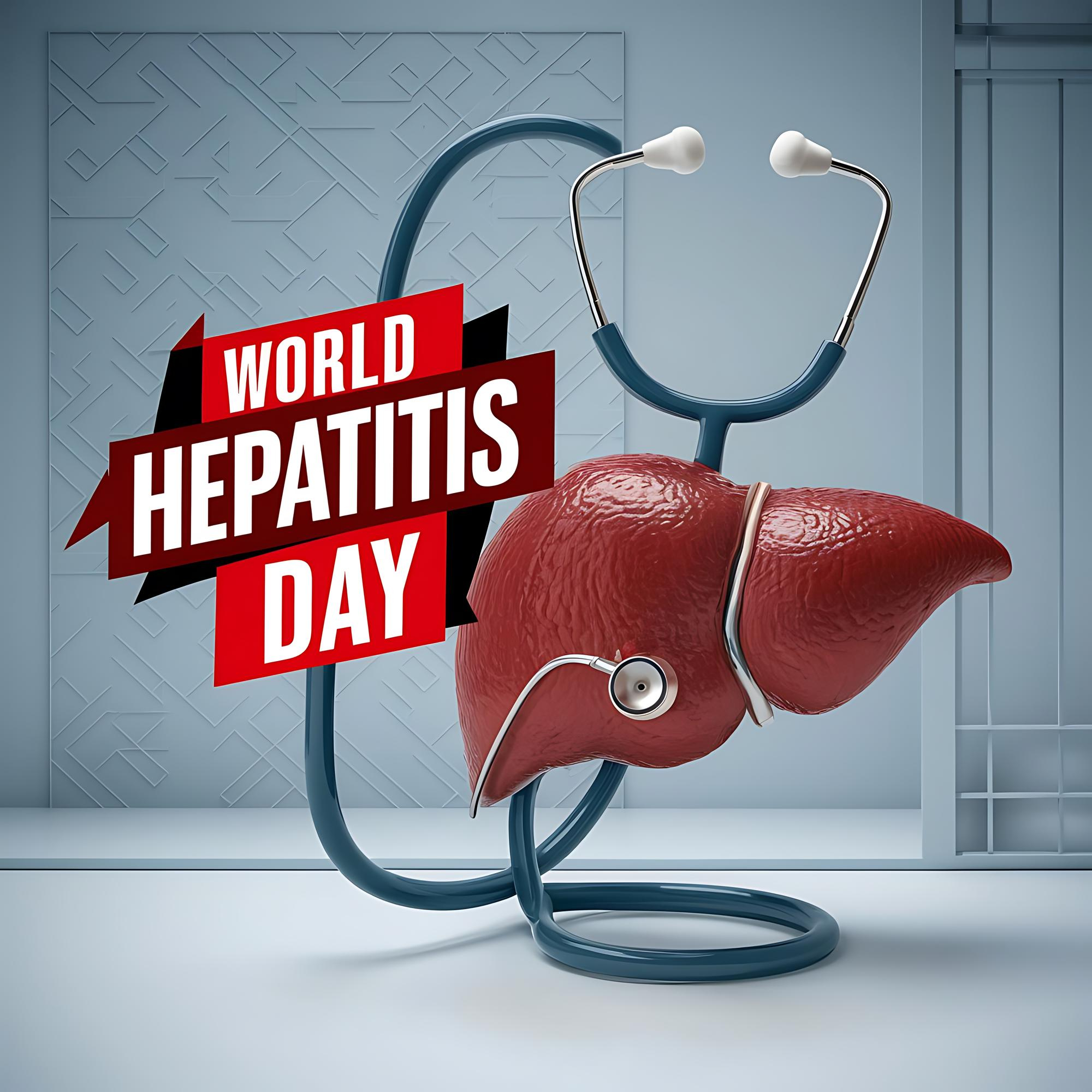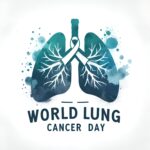
Understanding World Hepatitis Day: Raising Awareness and Promoting Health
Every year on July 28th, World Hepatitis Day is observed to raise global awareness about hepatitis, a group of infectious diseases known as Hepatitis A, B, C, D, and E. This day aims to promote understanding of the disease, encourage prevention, diagnosis, and treatment. This blog will provide an insightful look into hepatitis, emphasising lifestyle changes and the importance of vaccination.
What is Hepatitis?
Hepatitis refers to inflammation of the liver, often caused by viral infections. It can also result from toxins, medications, and certain medical conditions. The most common types of viral hepatitis are Hepatitis A, B, and C.
- Hepatitis A: Usually spread through contaminated food and water. It’s generally an acute, short-term illness.
- Hepatitis B: Transmitted through contact with infectious body fluids, such as blood. It can be both acute and chronic.
- Hepatitis C: Primarily spread through blood-to-blood contact. This type can lead to chronic liver disease.
- Hepatitis D: Occurs only in those infected with Hepatitis B, leading to more severe complications.
- Hepatitis E: Typically spread through contaminated drinking water and is usually acute.
Symptoms and Diagnosis
Hepatitis can manifest with a variety of symptoms, including jaundice (yellowing of the skin and eyes), fatigue, abdominal pain, loss of appetite, and nausea. Diagnosis often involves blood tests to detect the presence of hepatitis viruses and assess liver function.
The Importance of Vaccination
Vaccination is a crucial tool in preventing hepatitis. Vaccines are available for Hepatitis A and B, providing long-term protection.
- Hepatitis A Vaccine: Recommended for children at age one, travelers to certain countries, and people with chronic liver disease.
- Hepatitis B Vaccine: Given to infants at birth and is also recommended for healthcare workers, people with multiple sexual partners, and those with chronic liver disease.
Lifestyle Changes to Prevent Hepatitis
Beyond vaccination, adopting certain lifestyle changes can significantly reduce the risk of contracting hepatitis:
- Safe Food and Water Practices:
- Ensure food is cooked thoroughly.
- Avoid raw or undercooked shellfish..
- Drink bottled or purified water, especially when traveling to areas with poor sanitation..
- Good Hygiene:
- Wash hands thoroughly with soap and water after using the bathroom and before eating.
- Avoid sharing personal items like razors and toothbrushes.
- Safe Sex Practices:
- Use condoms to reduce the risk of Hepatitis B and C transmission through sexual contact.
- Avoiding Unsafe Injections:
- Do not share needles or syringes.
- Ensure that tattoos and piercings are done with sterile equipment.
- Alcohol Moderation:
- Excessive alcohol can damage the liver and exacerbate hepatitis conditions. Limiting alcohol intake is crucial for liver health.
- Regular Medical Check-Ups:
- Regular screenings and check-ups can help detect hepatitis early, allowing for timely treatment and better health outcomes.
Conclusion
World Hepatitis Day serves as a vital reminder of the importance of understanding and preventing hepatitis. Through vaccination and lifestyle changes, we can significantly reduce the incidence of this disease and promote liver health. Whether you’re looking to expand your knowledge or a patient seeking to stay informed, recognizing the significance of hepatitis awareness is a step towards a healthier future.
By staying informed, getting vaccinated, and making conscious lifestyle choices, we can work together to combat hepatitis and ensure a healthier world for all.




